Caring for Your Ageing Dog: A Complete Guide to Their Golden Years

As cats grow older, their bodies and behaviors change, just like ours. From joint stiffness to dental issues and changes in appetite, senior cats need special attention to stay healthy, happy, and comfortable. Whether you have a Maine Coon, Persian, or Indie cat, understanding the signs of ageing and adjusting their care can make a world of difference in their quality of life.
In this guide, we’ll explore what happens as cats age, the health issues to watch for, and how to care for them through the right nutrition, environment, medical care, and love.
What Happens as Cats Age?
Cats are generally considered seniors around 10 years of age for most breeds. Larger breeds like Maine Coons and Ragdolls may show ageing signs earlier, while smaller such as Munchkins or Singapuras, or mixed breeds, can remain active well into their teens.
Common Changes and Symptoms
-
Weight Fluctuations: Senior cats may gain weight due to reduced activity or lose weight because of declining appetite, hyperthyroidism, or kidney disease.
-
Joint and Mobility Issues: Arthritis is common, especially in breeds like Maine Coons, British Shorthairs, and Persians, leading to stiffness, difficulty jumping, or less playfulness.
-
Dental Problems: Gingivitis, tartar buildup, or tooth loss can cause discomfort and reduce appetite.
-
Digestive Changes: Sensitive stomachs, vomiting, or diarrhea may increase with age.
-
Vision and Hearing Decline: Older cats may appear disoriented in unfamiliar spaces or startle more easily.
-
Behavioural and Cognitive Changes: Confusion, increased vocalisation, changes in sleep patterns, or clinginess may indicate feline cognitive dysfunction (similar to dementia).

How to Care for Ageing Cats?
-
Diet, Nutrition, and Supplements
-
Feed senior-specific cat food rich in high-quality protein and moderate fat to maintain muscle mass.
-
Add Omega-3 fatty acids (from fish oil) to reduce inflammation and support joint and heart health.
-
Bone broth or wet food with high moisture supports hydration, especially for cats with kidney issues.
-
Supplements with collagen and curcuminoids help maintain joint health, immunity, and organ function.
-
Avoid high-fat or hard-to-digest foods, especially if your dog has kidney or liver issues.
-
Mobility and Comfort
-
Joint Support
-
Provide orthopedic cat beds for joint support.
-
Install pet ramps or steps to help them reach their favorite spots safely.
-
Place litter boxes and feeding stations in easy-to-access, quiet areas to reduce strain.
-
Exercise and Enrichment
-
Encourage gentle play with interactive toys to keep muscles active.
-
Offer puzzle feeders for mental stimulation to slow cognitive decline.
-
Create safe vertical spaces for climbing without excessive jumping.
-
Use Paw Balm after walks on cracked or worn pads, especially in extreme weather.
-
Weight Management
-
Excess weight worsens arthritis and heart problems.
-
Use portion control, switch to weight management formulas, and monitor body condition with regular vet checkups.
-
Health and Hygiene
-
Dental Hygiene
-
Schedule regular vet check-ups, at least twice a year, for senior cats.
-
Use cat-safe toothpastes or wet wipes to maintain dental hygiene.
-
Try switching to softer or wet foods to make it easier for cats with dental pain or dental issues to eat.
-
Grooming
-
Affection and Emotional Support
-
Spend calm, quality time with your cat. Older cats may seek more comfort and reassurance.
-
Avoid sudden changes to their routine or environment, which can cause stress.
-
Monitor behaviour closely; early detection of changes often leads to better outcomes.
-
Preventing Age-Related Issues
-
While ageing is inevitable, you can slow its impact:
-
Maintain a healthy weight with portion control and exercise.
-
Support joints and muscles with supplements early, especially for large or predisposed breeds.
-
Ensure hydration with meals that are moist and clean water sources.
-
Keep your cat indoors or in a safe outdoor enclosure to reduce the risk of injury.
Final Thoughts
Caring for an ageing cat means adapting to their evolving needs with patience and attention. With the right nutrition, gentle activity, environmental adjustments, and regular veterinary care, your feline friend can age gracefully and comfortably. Every cat is unique; some remain playful well into their teens, while others slow down sooner.
Ageing is natural, but discomfort doesn’t have to be. With proactive care and plenty of love, you can ensure your senior cat enjoys a happy, healthy, and dignified life.


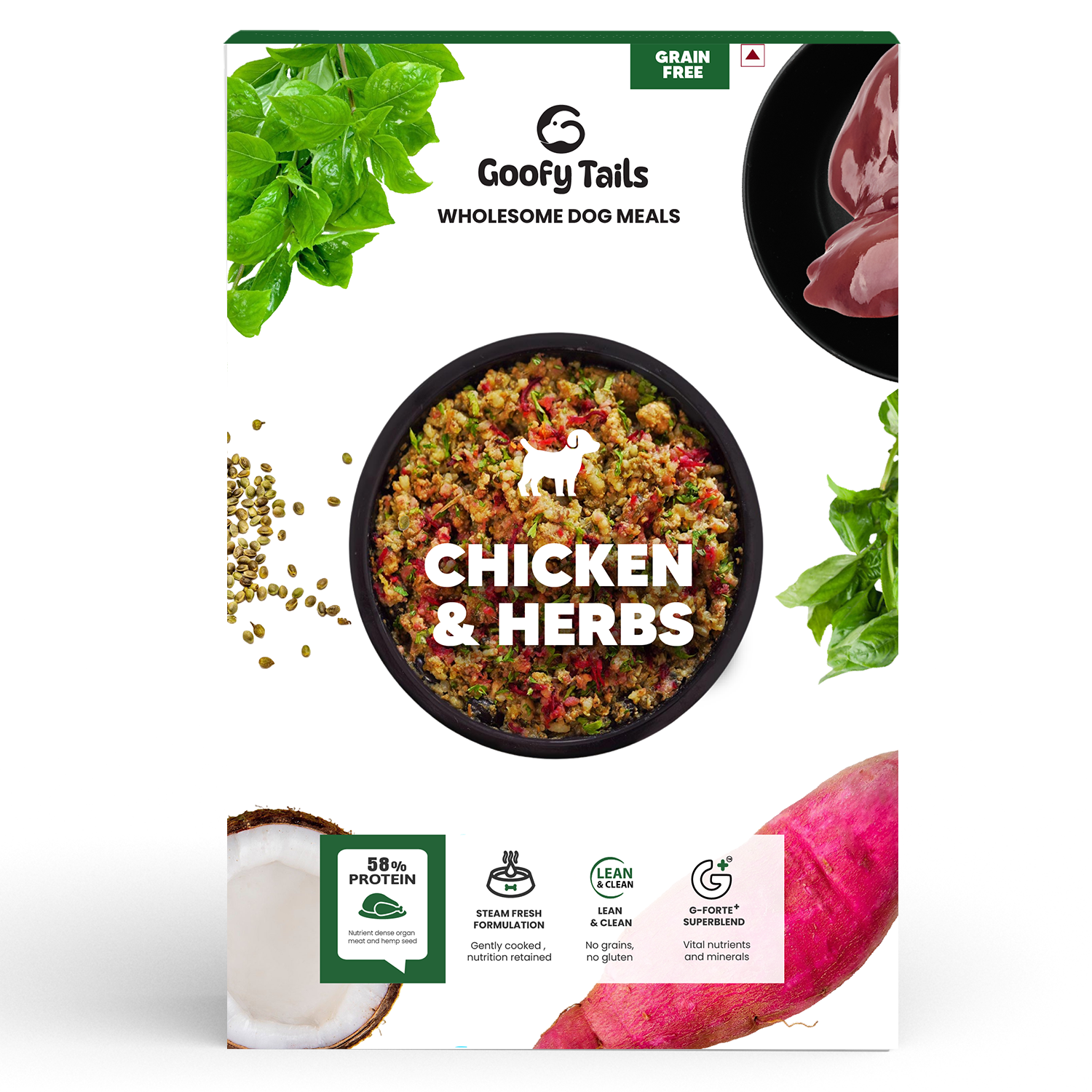
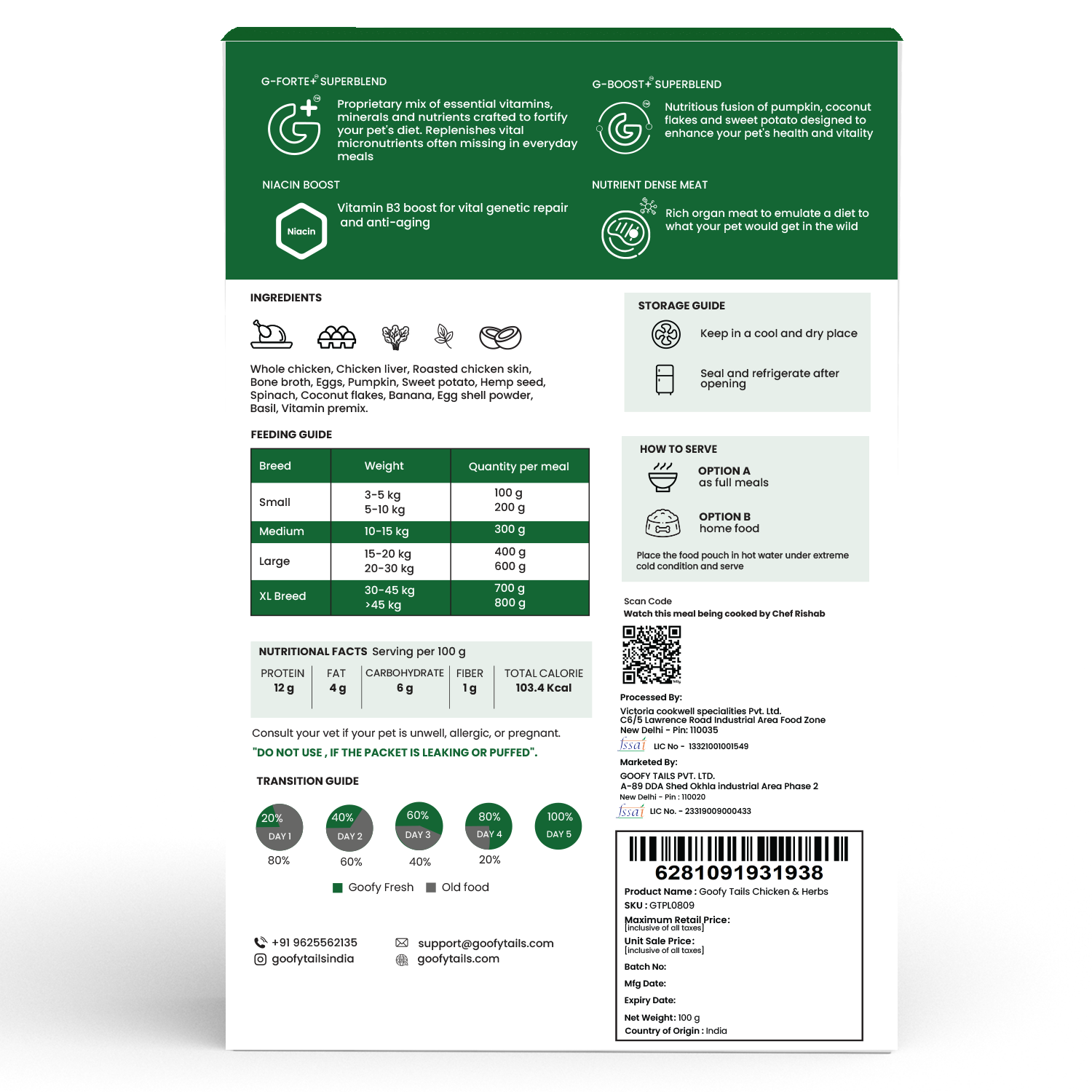
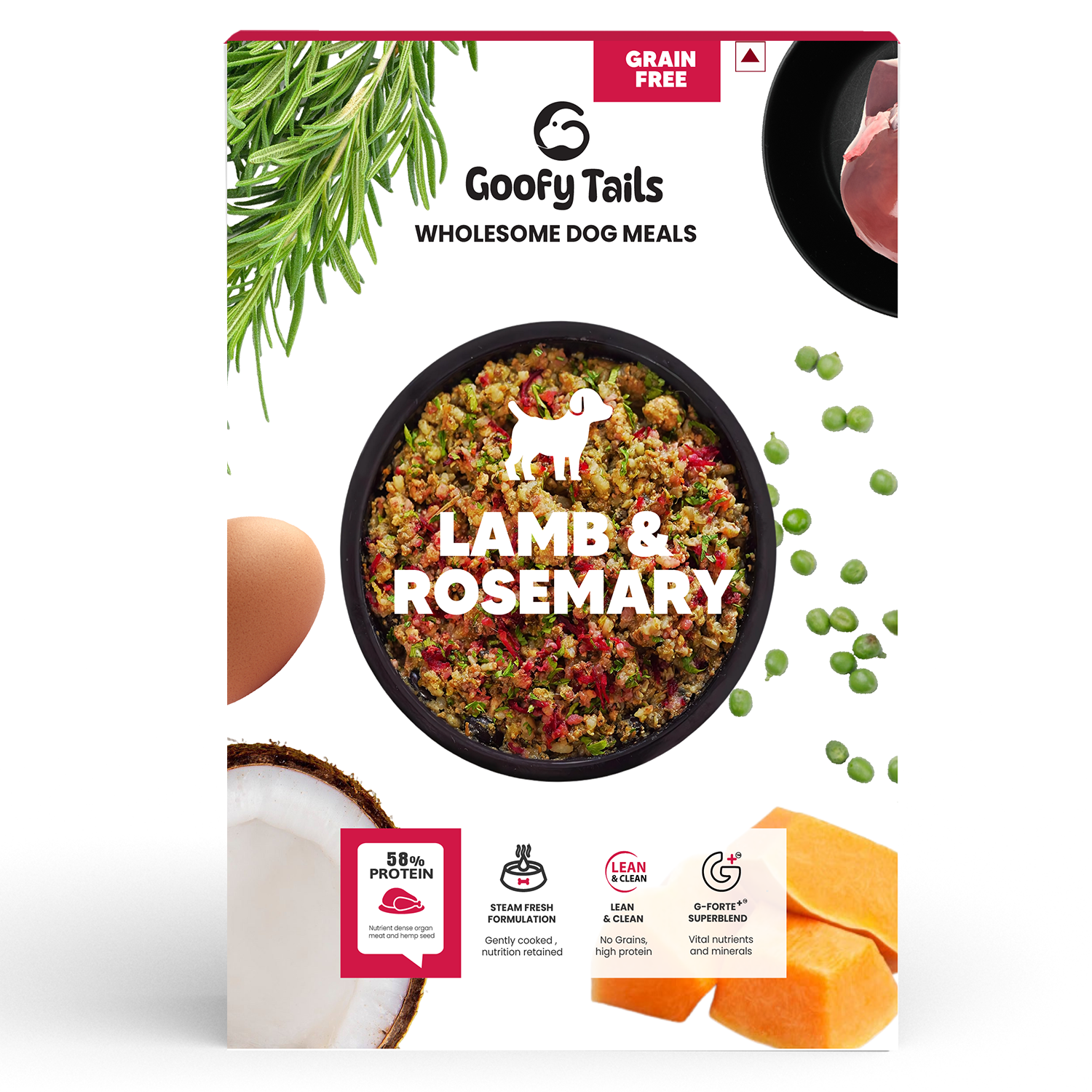
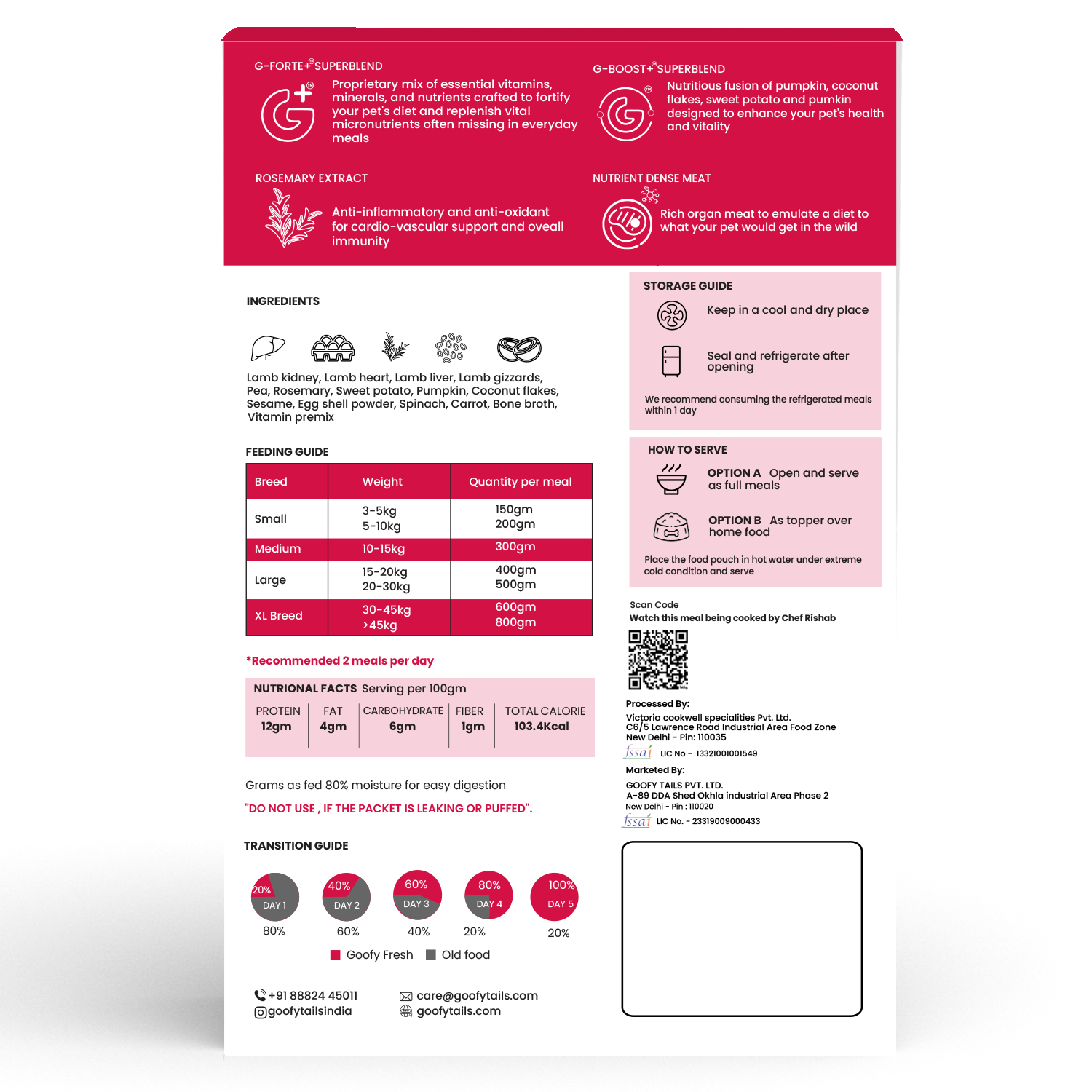
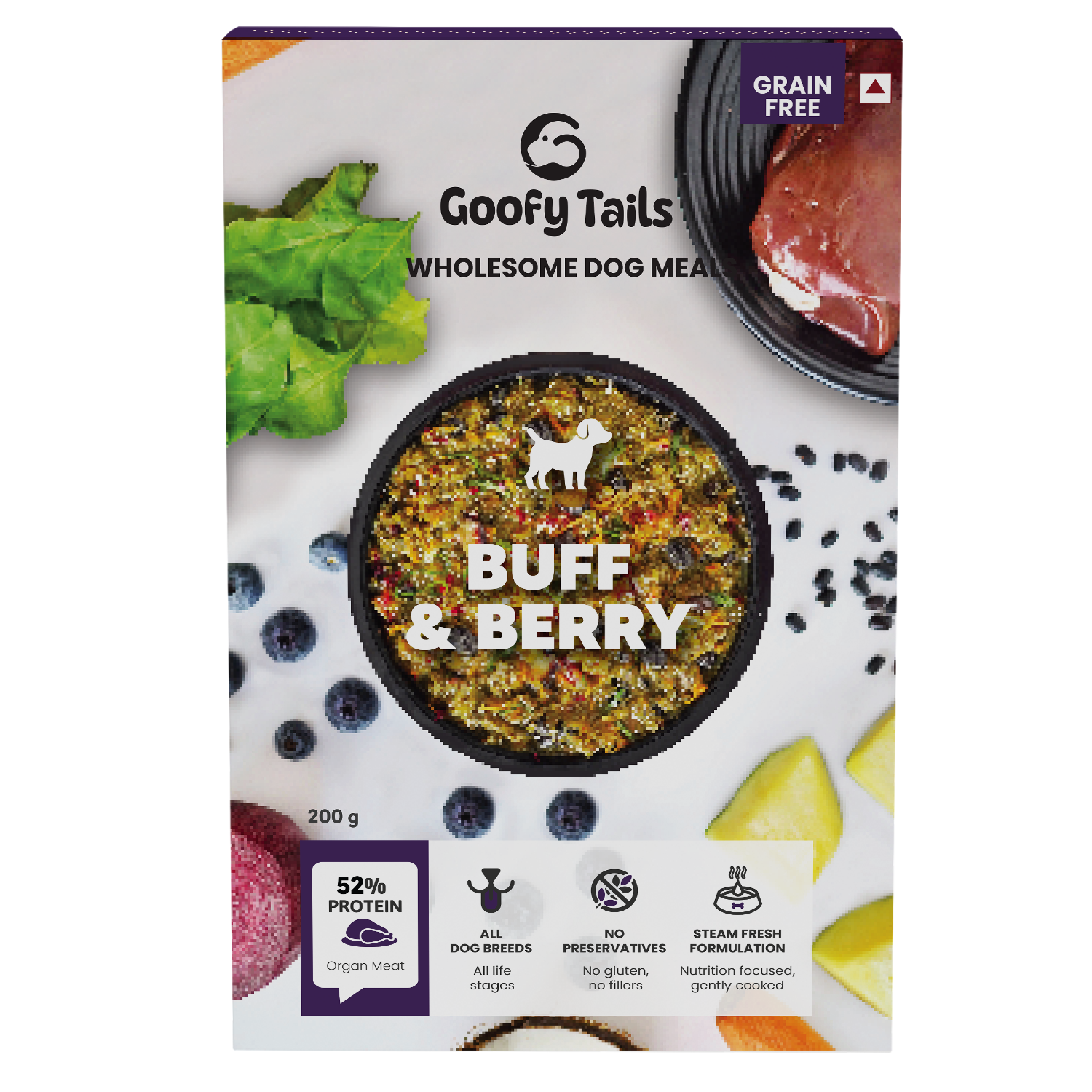
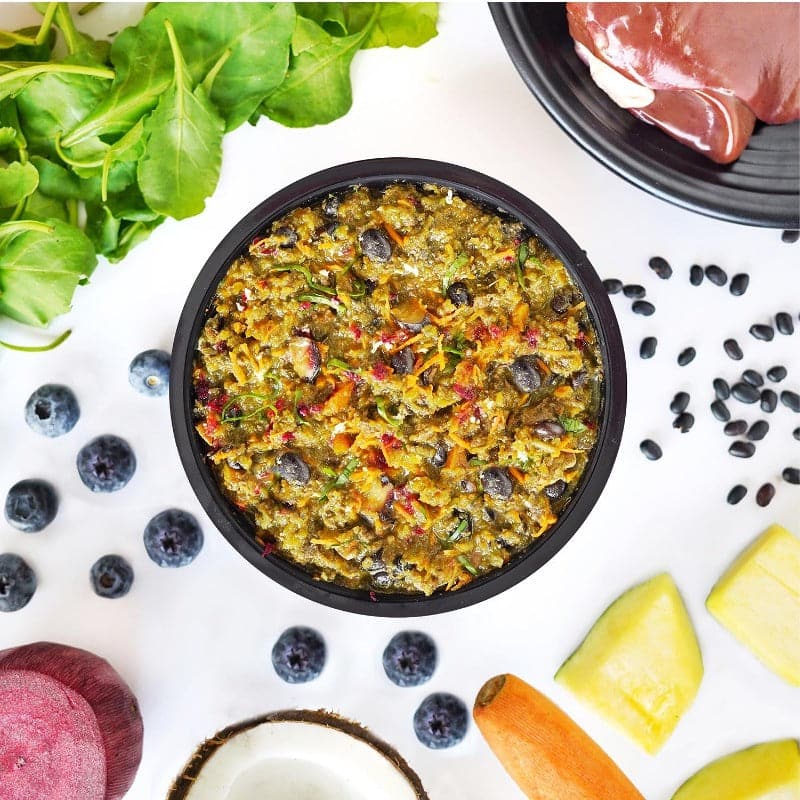
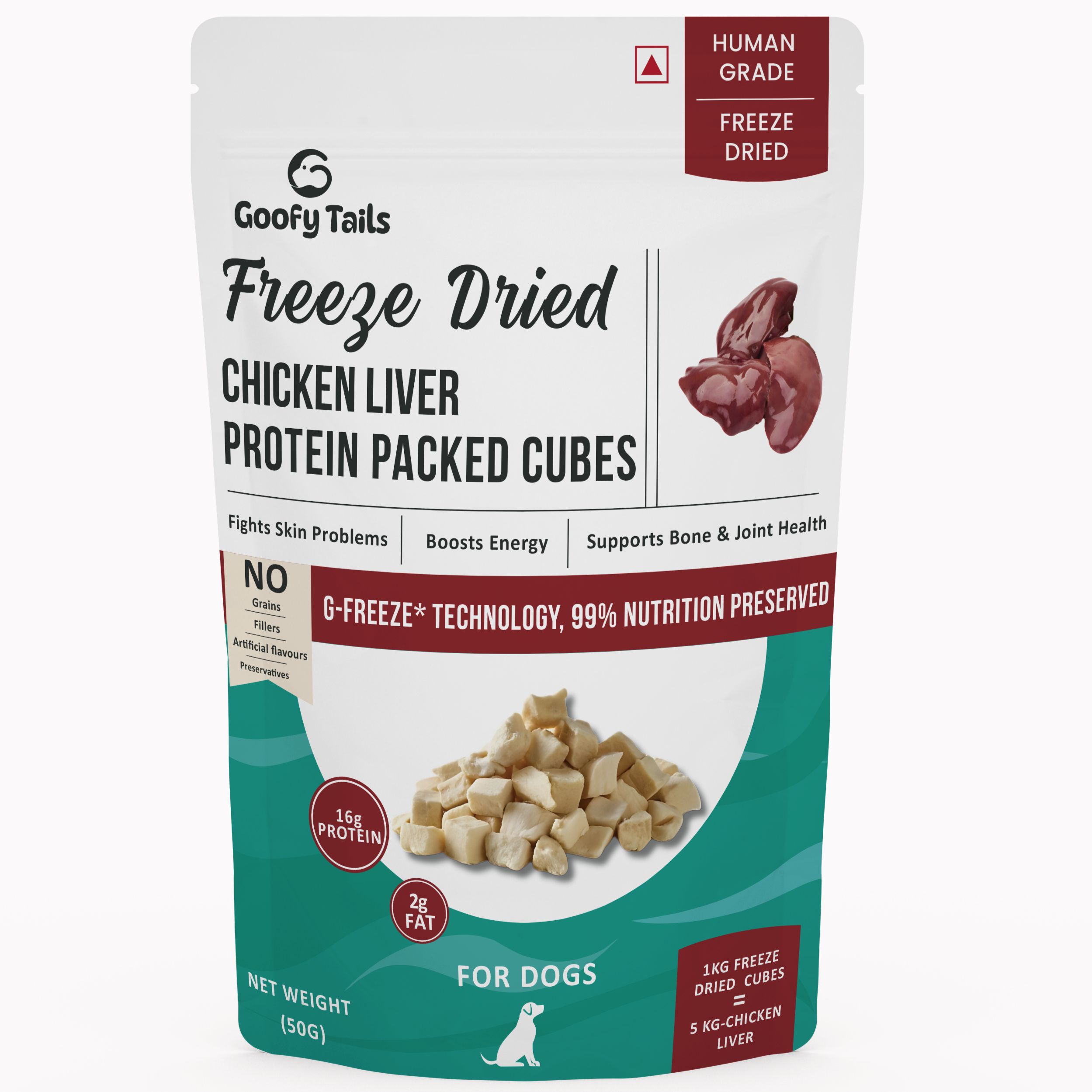
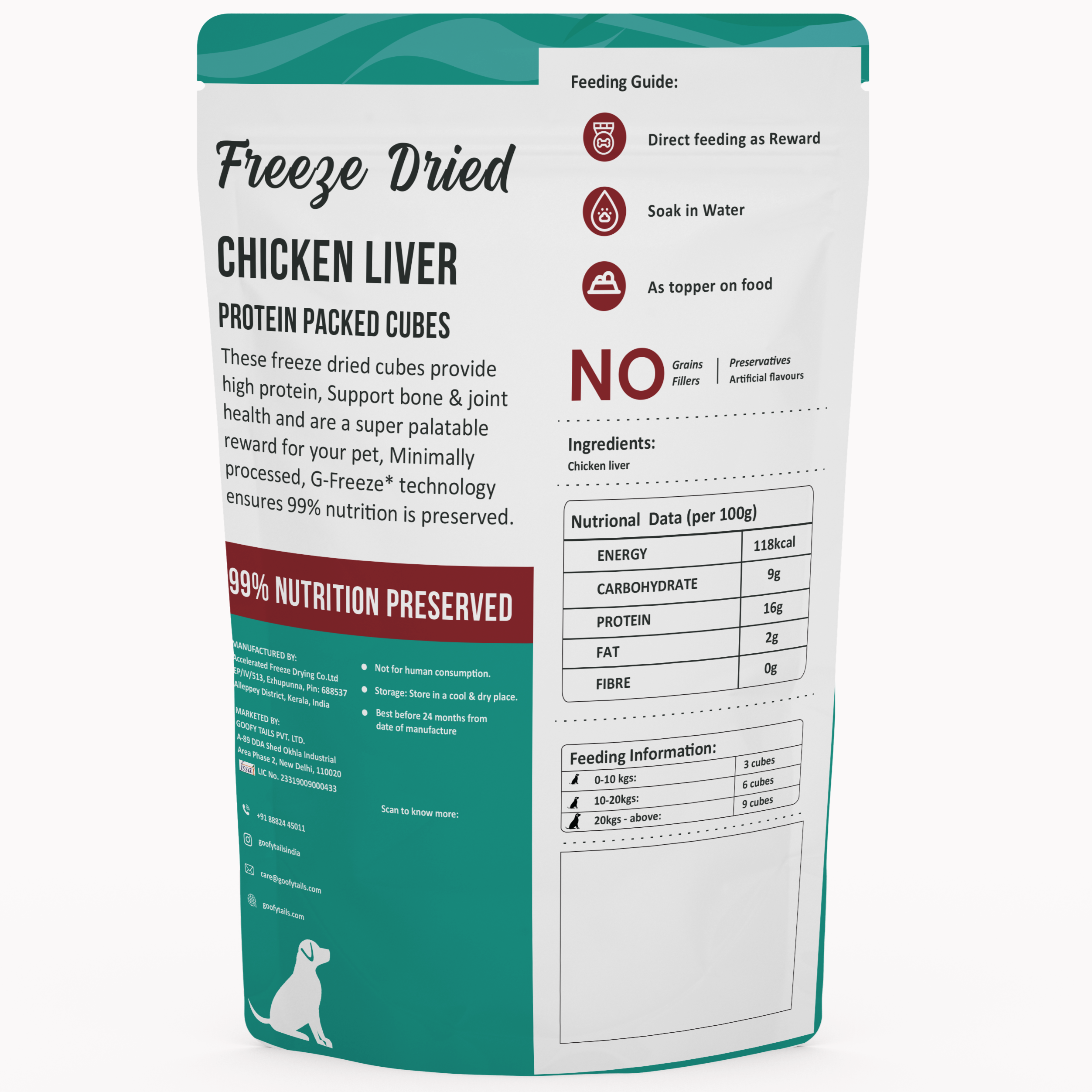
Leave a comment